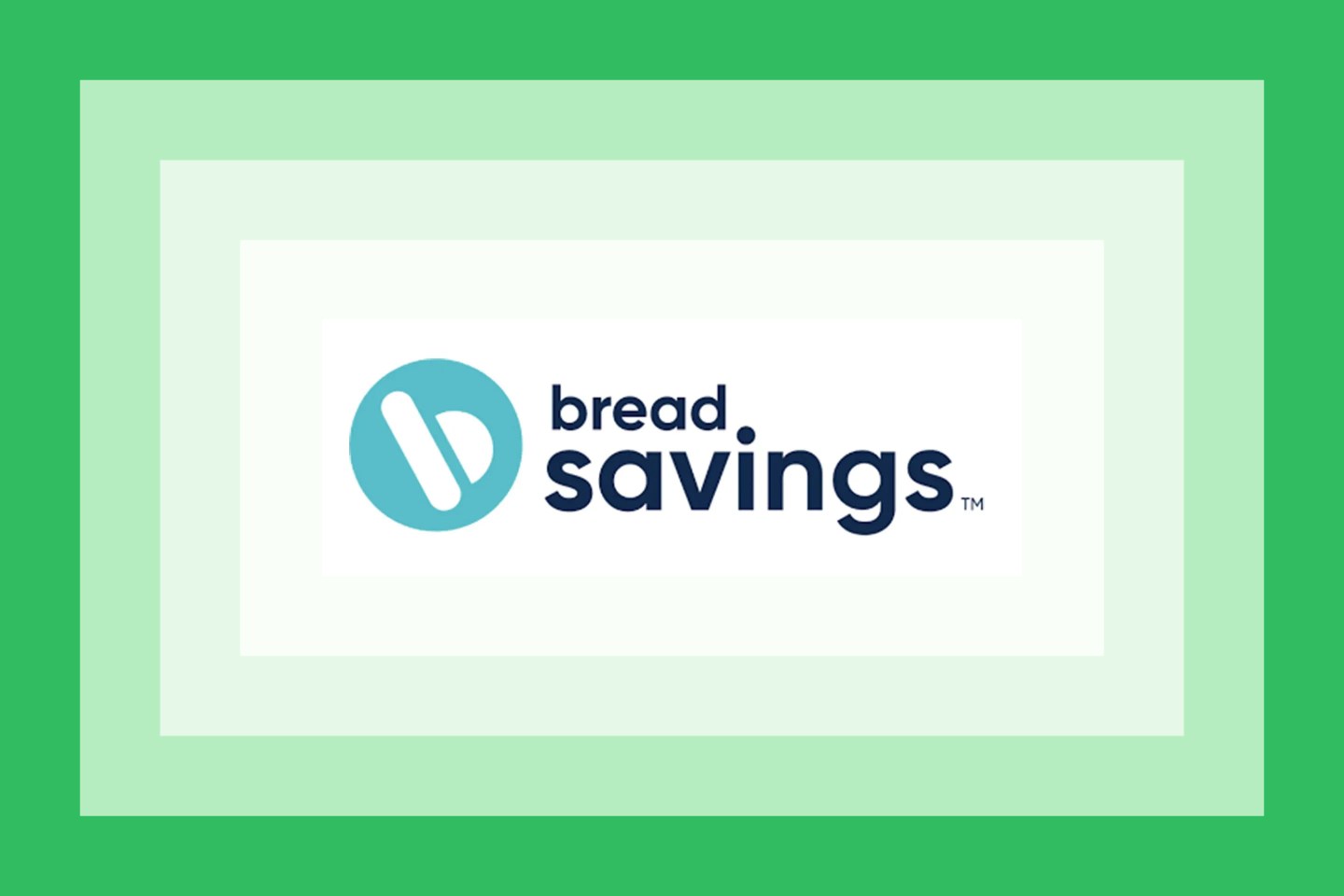After remaining stuck for months on end, mortgage rates started trending down in August and September of this year. Nobody can predict how long the dip will last—but many homeowners and would-be homebuyers might decide this is the best time to jump in and refinance a mortgage for a lower rate or take out a new mortgage for that long-awaited purchase.
According to mortgage data company Optimal Blue, the average rate for a 30-year fixed rate conforming mortgage loan finally dropped below 6.30% in September 2025. Rates haven’t been this low in 11 months. Whether you’re thinking about locking in a rate now or waiting to see if the market continues to improve, one question may be on your mind: Is it better to open a mortgage through a credit union or a bank?
Either can be a viable option depending on your priorities. Here are some key considerations when choosing the financial institution through which to open this all-important loan.
Credit union vs. bank: What’s the difference?
Credit unions look and operate similar to a local bank, offering a variety of financial products (think credit cards, deposit accounts, home loans, etc.). But there are key differences between credit unions and banks to be aware of.
Most notably, credit unions are not-for-profit—while banks are absolutely for-profit. This can have many noticeable influences, such as:
- Fees: Credit unions often have fewer fees and lower minimum deposit requirements than big banks.
- Interest rates: A not-for-profit structure can make possible higher interest rates on deposits and lower interest rates on loans.
- Membership requirements: Some credit unions have membership requirements (e.g. military affiliation, employment with specific companies, geographic requirements, etc.) while banks tend to be open to the public.
- Deposit insurance: Both banks and credit unions are typically federally insured for up to $250,000 per depositor—but by different institutions. Banks are insured by the Federal Deposit Insurance Corp. (FDIC) and credit unions are insured by the National Credit Union Administration (NCUA).
- Ownership: Banks have customers while credit unions have members. Members have voting rights and partial ownership, which is meant to create a culture of mutual support, accountability and transparency.
All to say, credit unions can effectively be thought of like member-run, not-for-profit banks that emphasize community, transparency, and low fees. So why doesn’t everyone stick to credit unions for a mortgage? Well, larger banks may offer benefits such as a more modern digital banking experience and a larger geographical footprint.
We’ll dive into more detail comparing the two types of institutions below, as well as the pros and cons of each.
Comparing credit union and bank mortgages
Similarities between credit union and bank mortgages
Home loans from both credit unions and banks operate similarly: Apply, hopefully receive approval, close on your home, and begin making monthly payments.
To get slightly more granular, you can expect a comparable:
- Application process: Applying for a mortgage with a bank versus a credit union doesn’t look much different. In both cases, you’ll submit your financial history (W-2s, tax returns, etc.), go through the underwriting process, and wait for approval.
- Payment structure: After you close on your home, you’ll start making monthly mortgage payments to your financial institution.
Differences between credit union and bank mortgages
There are several notable differences between credit union and bank mortgages—and they go beyond your simple out-of-pocket amount:
- Rates: Credit unions can sometimes offer lower rates and fees than big national banks—potentially resulting in lower monthly mortgage payments.
- Loan eligibility criteria: If you’re currently a member of a credit union, you may have an easier time getting approved through that institution over a bank. The former tends to be friendlier to applicants with low income, poor credit etc.
- Loan types: Broadly speaking, credit unions tend to have fewer mortgage types on offer than big national banks. If you’re after a specialty loan, such as a USDA or VA mortgage, you may not find it at your credit union.
- Customer service: Your credit union may have more responsive, personable customer service than your average national bank, though to some extent this is subjective.
- Digital toolkit: National banks typically have far better website and app functionality. Credit unions are often more bare bones and can sometimes feel slow, limited, and perhaps out of date with features consumers have come to expect.
- Branch access: The average credit union may only have a handful of local branches to visit. Popular banks can have thousands of locations nationwide.
Besides potentially lower rates and fees, the differences between bank and credit union mortgages is fairly subtle. Put them all together, though, and they may be enough to nudge you off the fence in one direction or the other.
Getting a mortgage with a credit union: pros and cons
Pros
- Potentially lower interest rates and closing costs: As not-for-profit institutions, credit unions may charge lower borrowing fees than traditional banks. This can lead to lower interest rates and lower closing costs—and therefore lower monthly payments.
- Possibility for easier approval criteria: Credit unions tend to be friendlier to borrowers with low income or poor credit than traditional banks. They’re likely more interested in understanding your unique situation than a large bank.
- Better customer service: As community-centered, member-run organizations, credit unions may in general offer better customer service than big national banks.
Cons
- Outdated technology: Since credit unions often have smaller teams and budgets than big national banks, you may have to deal with apps and websites that feel buggy or outdated.
- Membership requirements: Some credit unions make it easy for almost anyone to join. But, many have restrictive criteria and you must qualify based on a certain geographic area or by working in a certain industry, for example.
- You may not score lower rates after all: It’s not a universal truth that credit unions offer lower rates and fees. And, a lot depends on your individual financial profile. Always shop around.
Getting a mortgage with a bank: pros and cons
Pros
- Variety of loan types: Compared to credit unions, banks tend to have a bigger menu of loan types to choose from (e.g. USDA, VA, FHA, Jumbo, 5/1 ARMs, 7/1 ARMs, etc.).
- Better technology: Online banking technology is often far more robust and reliable with a big bank than with a local credit union.
- More accessible: If you value brick-and-mortar access, large banks can offer a ubiquity that credit unions can’t.
Cons
- Possibly higher fees: Banks may charge higher fees and closing costs than credit unions.
- Less personalized: Banks may not offer the specialized service you’d get from a credit union with which you’ve got a relationship.
- Stricter lending requirements: When it comes to loan eligibility requirements like income and credit score, banks tend to be far less flexible than a local credit union.
Check Out Our Daily Rates Reports
- Discover the highest high-yield savings rates, up to 5% for March 3, 2026.
- Discover the highest CD rates, up to 4.15% for March 3, 2026.
- Discover the top CD rates from major banks on March 3, 2026.
- Discover the current mortgage rates for March 3, 2026.
- Discover current refi mortgage rates report for March 3, 2026.
- Discover current ARM mortgage rates report for March 3, 2026.
- Discover the current price of gold for March 3, 2026.
- Discover the current price of silver for March 3, 2026.
- Discover the current price of platinum for March 3, 2026.
Mortgage lenders besides banks and credit unions
Banks and credit unions are often the first financial institutions folks think of when considering a mortgage. But there are a couple of lending options worth considering that aren’t traditional financial institutions at all:
Small local lenders may have teams of just a couple dozen employees—but their compact size and short list of clients can make them extremely agile, knowledgeable of the local area, and highly personable to work with. For example, while a loan officer at a bank or a credit union may have a traditional 9-to-5 workday, small local lenders may be on-call during nights and weekends.
Also, online lenders like Rocket Mortgage often have top-tier technology and experience in the industry. This can make completing and managing a mortgage application easier. Plus, a lack of brick-and-mortar overhead sometimes allows online lenders to offer very competitive rates.
The takeaway
Either a bank or a credit union can be an excellent choice for your home loan—each has advantages and disadvantages. We recommend shopping around with a few different lenders so you can get the rate and the service that work for you.
Credit union mortgages may seem like a no-brainer, as they can oftentimes offer lower rates and fees than banks. But many credit unions don’t offer the same loan selection as banks—meaning a bank may work better for your situation.
Finally, remember, banks and credit unions aren’t your only options for a home loan. Small local lenders and online lenders also come with unique sets of advantages.
Frequently asked questions
Are credit union mortgage rates always better than bank rates?
Credit union mortgage rates are not better than bank rates 100% of the time. However, because credit unions are not-for-profit, you’ll often find that their interest and fees are often lower.
Is it easier to get approved for a mortgage at a credit union vs. a bank?
It may potentially be easier to get approved for a mortgage at a credit union than a bank. This is because credit unions might be better positioned to evaluate your unique situation as a member. They may sometimes be more tolerant of a lower credit score, or more willing to consider applicants with lower incomes, for instance.
Can you get government-backed loans (FHA, VA, USDA) from credit unions?
It’s possible to get government-backed loans from credit unions, but not all offer the vast selection you’ll find at many banks.
Can non-members apply for mortgages at credit unions?
No. You must be a member of the credit union before you can apply for a mortgage.
Should first-time homebuyers choose credit unions or banks for mortgages?
While every person’s situation is different, some first-time homebuyers may opt for a credit union as their mortgage lender if they wish to enjoy a more personalized approach and the potential for accessible lending criteria.













